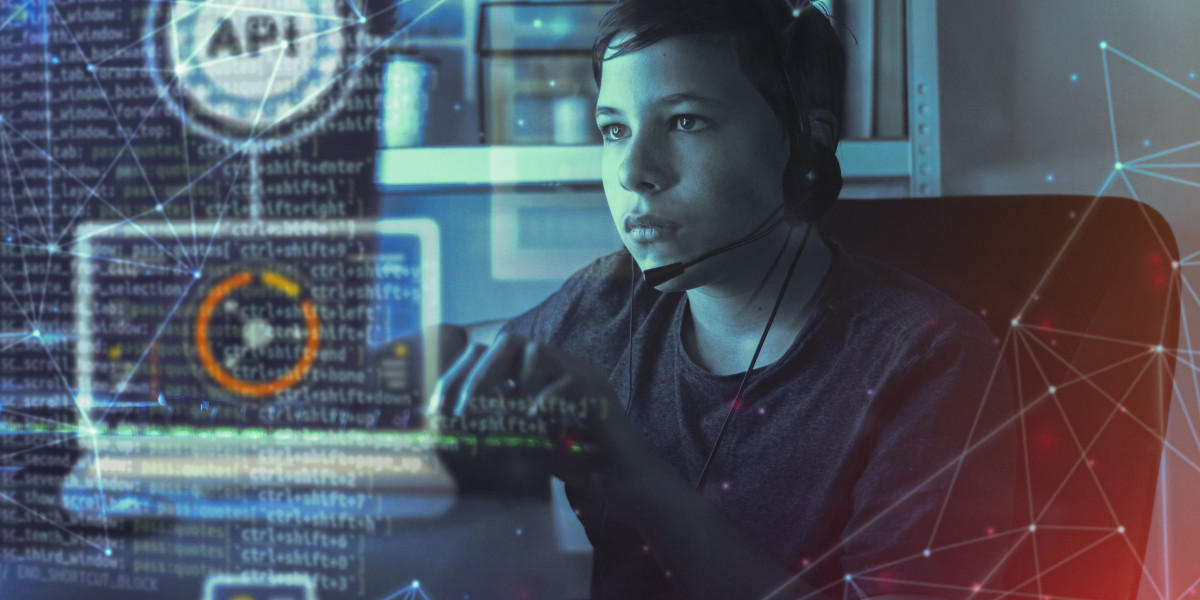In the fast-evolving world of software development, efficiency and innovation drive success. As per market research, developers spend nearly 60% of their time debugging, refactoring, and writing repetitive code. This inefficiency has led to the rise of AI code generation tools, which are transforming how programmers write, test, and deploy applications. Among these tools, the AI Python code generator has gained immense popularity due to Python’s dominance in machine learning, automation, and web development.
As per my research, AI-assisted coding isn’t just a passing trend — it’s becoming a vital part of modern development workflows. These smart tools can generate functions, classes, and even entire applications from natural language prompts, helping developers move from idea to implementation in minutes.
The Rise of AI-Powered Code Generation
Over the past few years, artificial intelligence has shifted from being an experimental technology to a practical coding companion. With models trained on billions of lines of open-source code, today’s AI code generation tools can understand programming intent, suggest improvements, and write syntactically correct code across multiple languages.
Python, being one of the most readable and flexible programming languages, benefits greatly from this trend. Developers can describe the logic they want, and the AI Python code generator will translate that into working code. As per my knowledge, this approach accelerates development cycles and reduces the learning curve for beginners while giving experienced developers a productivity boost.
How AI Python Code Generators Work
The core mechanism behind an AI scratch code generator or AI-based code tool involves advanced language models. These models analyze the context of a user’s prompt, interpret intent, and output functional Python code.
For instance, if a developer types:
“Create a function that scrapes headlines from a news website and saves them to a CSV file,”
the AI Python code generator instantly produces a Python script using libraries like requests and BeautifulSoup. The developer can then refine or expand it further.
As per market research, this capability reduces manual workload by up to 40% for routine tasks such as API integration, data cleaning, or test case generation. Moreover, these tools learn from user corrections, making the generated code more accurate over time.
Top AI Python Code Generators to Explore
As per my research, here are some of the best AI-powered tools for Python developers seeking smarter and faster development:
1. GitHub Copilot
Developed by GitHub and OpenAI, Copilot is one of the most advanced AI code generation tools available. It assists developers by suggesting entire lines or blocks of Python code as they type. Copilot can recognize coding patterns and propose contextually relevant code snippets.
As per my knowledge, Copilot is particularly strong in Python, making it ideal for web developers, data scientists, and automation engineers. It integrates seamlessly with Visual Studio Code, which enhances the workflow efficiency of teams working on diverse projects.
2. Tabnine
Tabnine uses generative AI to predict and complete code lines. It supports Python and numerous other programming languages. Its strength lies in privacy — enterprises can deploy it locally, ensuring sensitive data never leaves their environment.
According to market insights, Tabnine’s customized model training helps developers generate code that matches their team’s coding style. This makes it a practical choice for businesses adopting AI while maintaining their internal coding standards.
3. Replit Ghostwriter
Replit Ghostwriter is a cloud-based AI scratch code generator that helps users write, debug, and deploy applications directly in the browser. It’s especially beginner-friendly, allowing anyone to start coding without complex setups.
As per my research, Ghostwriter understands Python-specific syntax exceptionally well, making it one of the best online AI coding companions. It provides real-time feedback, reduces syntax errors, and simplifies learning for aspiring developers.
4. Codeium
Codeium is a free, developer-focused AI Python code generator that offers intelligent autocomplete and function generation. Its lightweight integration and open-access approach have made it popular among independent developers and startups.
As per my knowledge, Codeium balances speed and accuracy, making it suitable for quick prototypes, data science notebooks, and academic projects. Its offline mode also ensures developers can work securely in isolated environments.
5. CodiumAI
CodiumAI takes a slightly different approach. Instead of just generating code, it focuses on generating test cases and ensuring code reliability. Developers can use it alongside other AI code generation tools to automatically write unit tests for Python code.
As per market research, combining CodiumAI with a standard AI Python code generator ensures faster yet more reliable development. It’s especially valuable in corporate environments where code accuracy and maintainability are crucial.
Benefits of Using AI Python Code Generators
The rise of AI in coding has brought numerous advantages to individual developers and enterprises alike. Based on my research and market analysis, the top benefits include:
Speed and Efficiency: Developers can turn high-level ideas into code in seconds, allowing them to focus more on logic and architecture.
Error Reduction: AI-generated code often follows consistent syntax and structure, minimizing human errors.
Learning Support: New programmers benefit from example-driven learning by seeing how the AI constructs functions.
Cost Savings: As per market research, businesses that use AI code generation tools report up to 30% faster product releases.
Innovation Enablement: By automating repetitive tasks, developers can invest time in creative and strategic innovations.
Challenges and Limitations
While AI has undoubtedly enhanced the coding process, it’s not without challenges. As per my knowledge, over-reliance on AI can lead to decreased coding comprehension among new developers. Additionally, generated code may sometimes lack optimization or include hidden security vulnerabilities.
Therefore, as per my research, human oversight remains essential. Developers should always review, refactor, and test the code generated by these tools before deployment. Moreover, ethical considerations regarding intellectual property and code ownership continue to evolve.
The Future of AI-Powered Coding
As per market research, the global market for AI code generation tools is expected to grow exponentially in the next decade. The integration of natural language understanding, deep learning, and contextual awareness will make future AI systems even more capable.
In the near future, an AI Python code generator may act as a full-fledged development assistant — understanding project goals, maintaining consistency, and even managing documentation. These innovations will redefine how developers collaborate with machines to create efficient, scalable software solutions.
As per my research, combining AI’s analytical power with human creativity will lead to a golden age of programming — one where developers focus on problem-solving, and AI handles the code scaffolding.
Conclusion
The evolution of AI Python code generators marks a turning point in the software development industry. As per my knowledge and market research, these tools are not just productivity boosters; they represent a paradigm shift toward intelligent, human-assisted coding. Whether you’re a beginner learning Python or a professional working on complex projects, adopting an AI scratch code generator can make your workflow faster, smarter, and more efficient.
By leveraging the right AI code generation tools, developers can spend less time writing repetitive code and more time innovating. As the technology continues to evolve, the future of programming looks smarter, more collaborative, and powered by AI.








